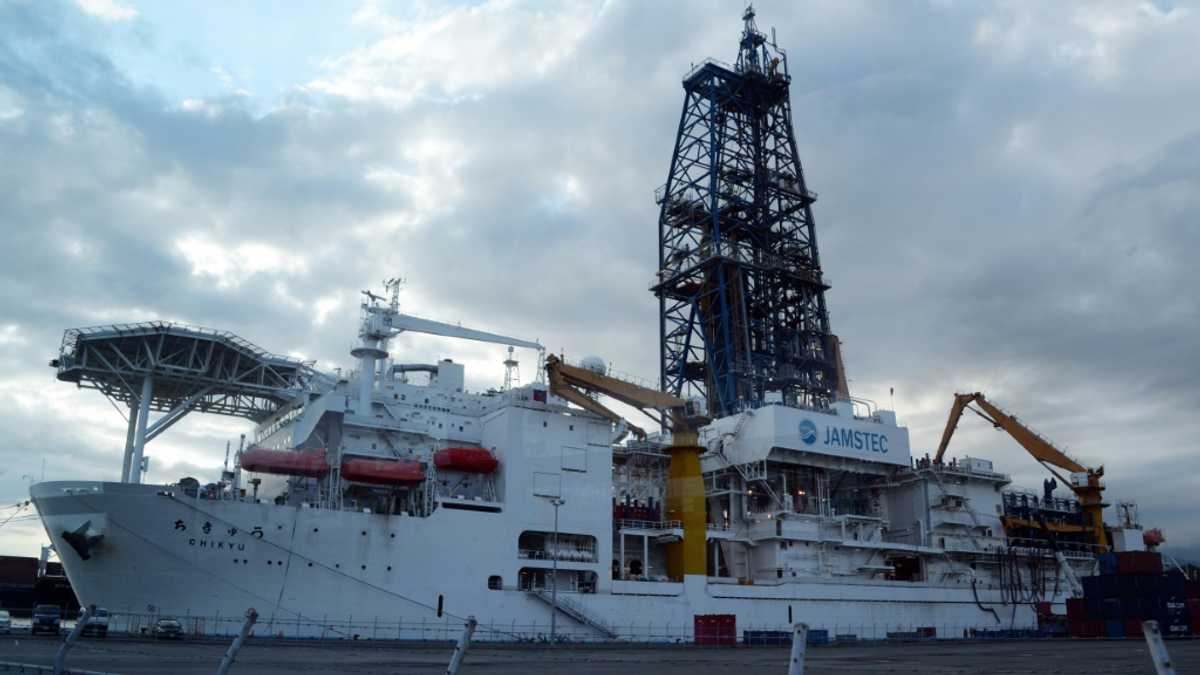
Japan's Ambitious Deep-Sea Mining Initiative
Japan is set to embark on a groundbreaking mission to extract rare earth minerals from the ocean floor, marking the first of its kind in the world. This initiative, announced by the director of a government innovation programme, aims to explore new sources of critical materials that are essential for modern technology.
Global Concerns Over Resource Dominance
In recent years, concerns have grown over the dominance of China in the production and refinement of rare earth elements. These 17 metals, which are challenging to extract from the Earth's crust, are vital components in various technologies such as electric vehicles, hard drives, wind turbines, and missiles. According to the International Energy Agency, China accounts for nearly two-thirds of global mining production and an overwhelming 92% of refined output.
To address these concerns, Japan has pledged to collaborate with the United States, India, and Australia to ensure a stable supply of critical minerals. This partnership reflects a growing awareness of the need for diversification in resource sourcing.
The Chikyu Mission
The Japanese deep-sea scientific drilling boat, the Chikyu, will conduct a "test cruise" starting in January. This mission will focus on retrieving sediments from the ocean floor that contain rare earth elements. Shoichi Ishii, director of Japan's Cross-ministerial Strategic Innovation Promotion Programme, emphasized that this test is the first of its kind globally.
"The test to retrieve the sediments from 5,500 metres (3.4 miles) water depth is the first in the world," he stated. The primary objective of this cruise is to evaluate the functionality of all mining equipment, with the amount of sediment extracted being less important than the testing process itself.
Target Area and Expected Yield
The Chikyu will drill in Japanese economic waters around the remote island of Minami Torishima, located in the Pacific Ocean. This area, known as the easternmost point of Japan, also serves as a military base. According to reports from Japan's Nikkei business daily, the mission aims to extract 35 tonnes of mud from the sea floor over a period of three weeks.
Each tonne is expected to contain approximately two kilograms (4.4 pounds) of rare earth minerals, which are crucial for manufacturing magnets used in modern electronics. This initiative highlights Japan's commitment to developing alternative sources of these valuable materials.
Geopolitical Implications
Deep-sea mining has become a focal point in international politics, with growing anxiety over the push to fast-track the practice in international waters. Former US President Donald Trump's efforts to expedite deep-sea mining have raised concerns among various stakeholders.
In response, Beijing has implemented a policy requiring licenses for the export of rare earths from China, seen as a countermeasure to US restrictions on Chinese goods. This move underscores the complex geopolitical dynamics surrounding the rare earth market.
Environmental Concerns
Environmental campaigners have raised alarms about the potential impact of deep-sea mining on marine ecosystems. They argue that such activities could disrupt the seabed and threaten delicate underwater environments. The International Seabed Authority, which oversees the ocean floor outside national waters, is scheduled to meet later this month to discuss a global code aimed at regulating deep-sea mining practices.
As Japan moves forward with its ambitious deep-sea mining initiative, it faces the challenge of balancing technological advancement with environmental responsibility. The success of this mission could pave the way for new approaches to resource extraction while addressing the growing demand for critical minerals in a rapidly evolving global landscape.
Post a Comment